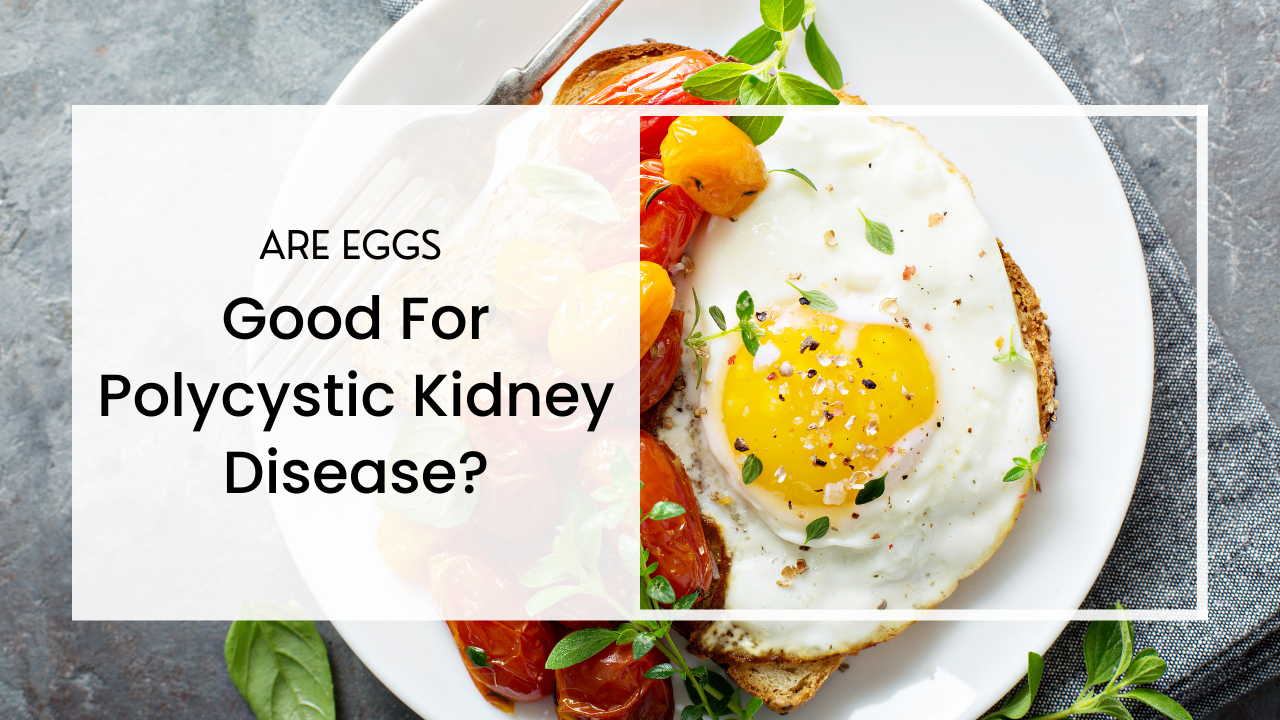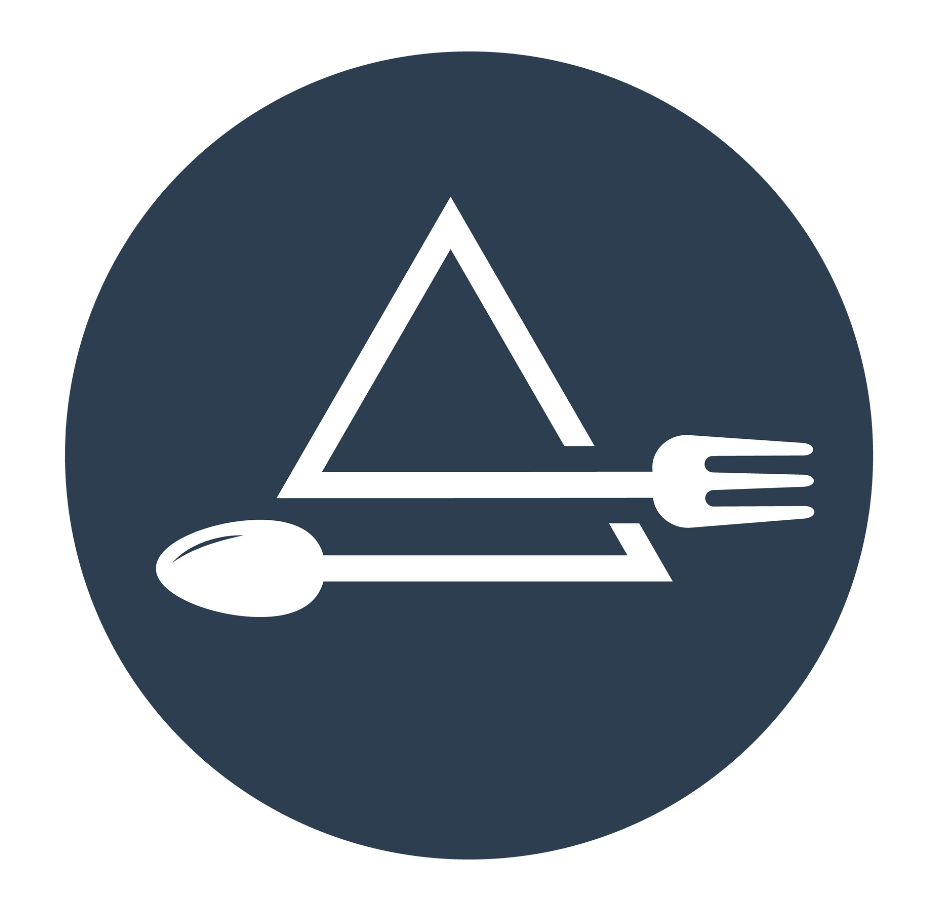
Are Eggs Good For Polycystic Kidney Disease?
Feb 22, 2024Each year, Americans eat, on average, over 280 eggs. That's a lot of eggs! But are eggs good for PKD? In this blog, we will uncover whether eggs should, and can play a role in your healthy diet for Polycystic Kidney Disease. Learn more about if eggs have perks for PKD, if you should be worried about cholesterol, and just how many is a good number to have.
Nutritional Content Of Eggs
Eggs are often called “the perfect food” and touted as being very nutritious, let’s look at why.
Serving Size: 1 large egg
- Calories: 72 kcal
- Fat: 5 g
- Sodium: 71 mg
- Total Carbs: < 1 g
- Fiber: < 1 g
- Protein: 6 g
- Vitamin D: 44 IU
- Calcium: 28 mg
- Iron: 0.875 mg
- Potassium: 69 mg
- Oxalates: 0 mg
*Source: USDA FOODData Central

Perks for PKD
Nutrient Dense
When it comes to nutrients, eggs are one of the most nutrient-dense foods around. They are rich in Vitamin B12 and contain Folate too. Both of which are essential for making red blood cells (RBC) and preventing anemia.
But that's not all, eggs are a good source of Vitamin A and Selenium, a single large egg provides 28% of your daily value (DV) for selenium which is important for thyroid health and function. All those nutrients are packed into the yolk portion of the eggs.
A Complete Protein
Yes, it’s true, eggs contain all of the essential amino acids. All in a nice portion-controlled package with 6 grams of protein, primarily in the whites of eggs. You absolutely can get all your essential Amino Acids, the building blocks of our body, in a vegetarian diet. But I like that eggs meet your needs in a simple, and often very affordable way.
Supports Brain Health
Eggs are a great source of choline, an essential nutrient that is involved in many processes in your body. Choline is used in to build cell membranes, the outside structures that protect your cells and keep them intact. It is also essential for your brain and nervous system to function properly. One large egg contains just under 150 mg of Choline, around 27% of the average daily needs by adults.
Supports Eye Heath
Eggs are a good source of Vitamin A and are rich in the antioxidants lutein and zeaxanthin. All of which help support eye health, especially as you age. Lutein and zeaxanthin both help combat aging vision losses.
Research shows that having adequate amounts of both lutein and zeaxanthin in the diet helps reduce the risk of cataracts and macular degeneration of the eye’s retina.
What About Cholesterol?
History is all kinds of scrambled when it comes to eggs, cholesterol, and heart health. Previously eggs got a bad reputation because of their cholesterol content. The belief was, that if you eat cholesterol your body’s levels would go up and that would cause all kinds of cardiovascular concerns. Around this belief, the promoted message was to avoid eggs and the 186 mg of cholesterol they contain.
However, this theory was wrong. Dietary cholesterol intake is weakly associated, if at all, with cholesterol levels in the blood. Few studies have found a connection between eating eggs and an increase in heart disease risk.
The focus on dietary cholesterol as a driver of cholesterol was changed around 2013 and American Dietary Guidelines dropped the recommendation to limit dietary cholesterol intake to < 300 mg/day in 2015. Science doesn't support these restrictions.
Are Eggs Keto Friendly?
If you are following plant-forward ketogenic therapy for PKD, eggs are a nice animal protein to include. Looking at the macronutrient profile of eggs, that is the protein, fat, and net carbs, eggs are very keto-friendly. They contain essentially no carbs and because they aren't from plants, have no oxalates.
Nicely balanced macronutrients, but don't skip eating the yolk. That is where the majority of nutritional goodness is, while the protein is primarily in the egg whites.
How Many Eggs Is Good for PKD?
A good, general recommendation is that 1-2 eggs a day can be part of a safe and nutritious diet. Of course, this does depend on your individual needs and other factors including your kidney function.
If you have diabetes or a history of high cholesterol levels, you might want to consume fewer eggs. There is some evidence that some populations or individuals are more sensitive to dietary intake of cholesterol.
If that is you, do check with your MD or Dietitian to determine what your recommended egg limit is.
In Summary
The bottom line is if you're going to have eggs, eat the yolk! Research on cholesterol and heart health shows that dietary cholesterol is not strongly associated with blood cholesterol. Eggs can remain on your plate if you have PKD.
What I like about eggs
1. They're affordable
2. They're readily available
3. There is a variety of ways to use them and cook them
4. They are nutrient-dense
5. What I like most of all, is that they are protein portion controlled!
Make sure to check out Episode 30: Are Eggs Good For Polycystic Kidney Health? on The PKD Dietitian Podcast. Hit that subscribe button, wherever you listen to podcasts, to make sure you never miss an episode.
Happy & Healthy Eating!
Diana, The PKD Dietitian

Disclaimer: Blog posts are meant for educational purposes only. Shared information should not be used in place of medical advice.



